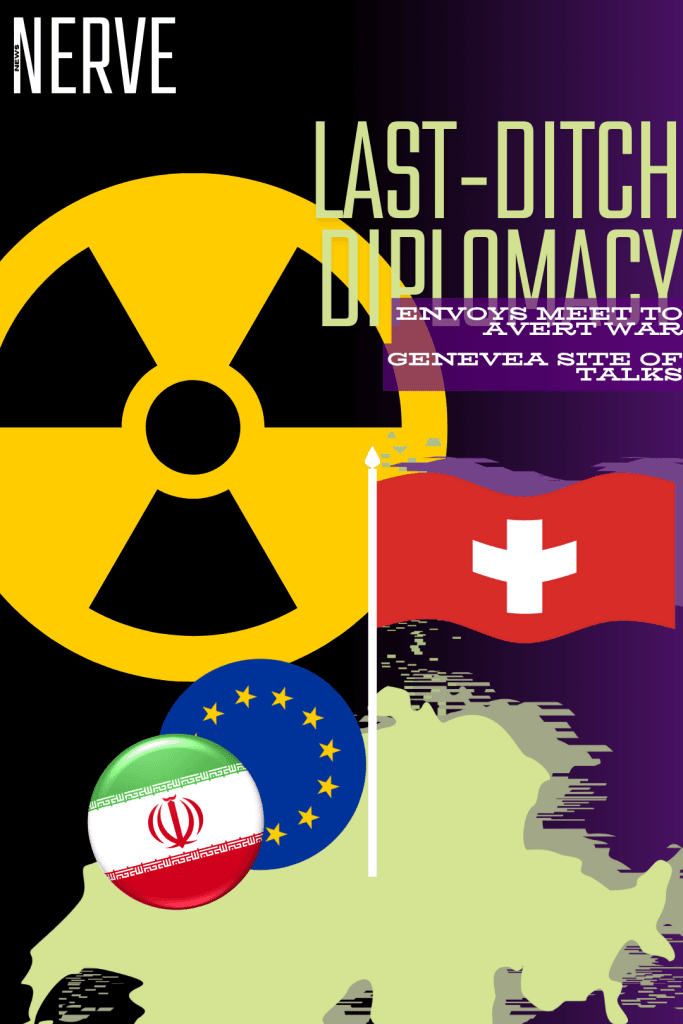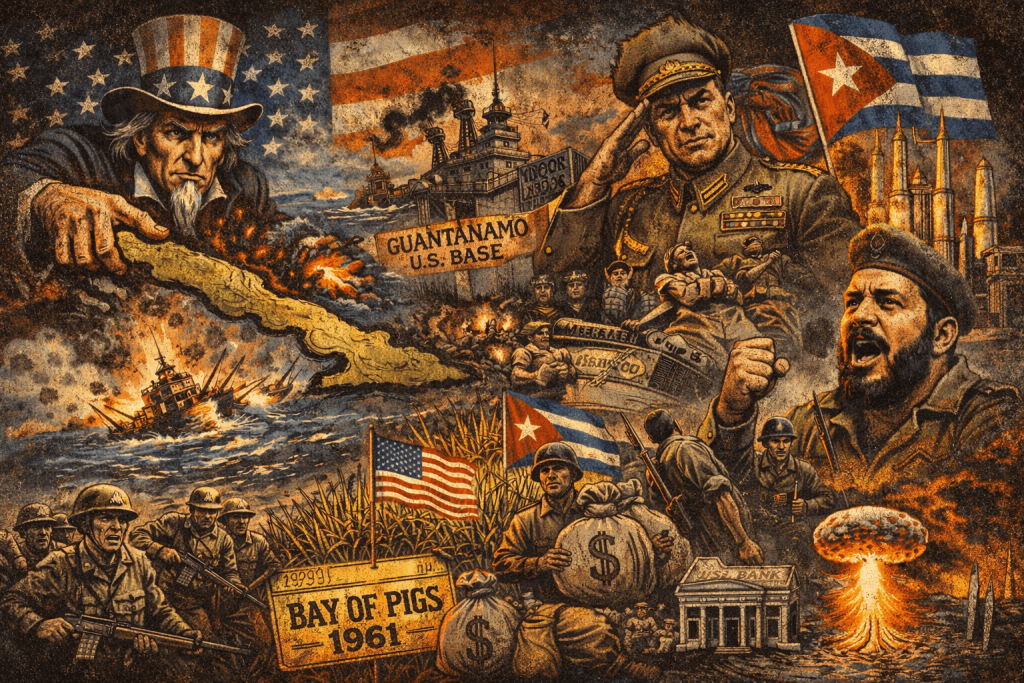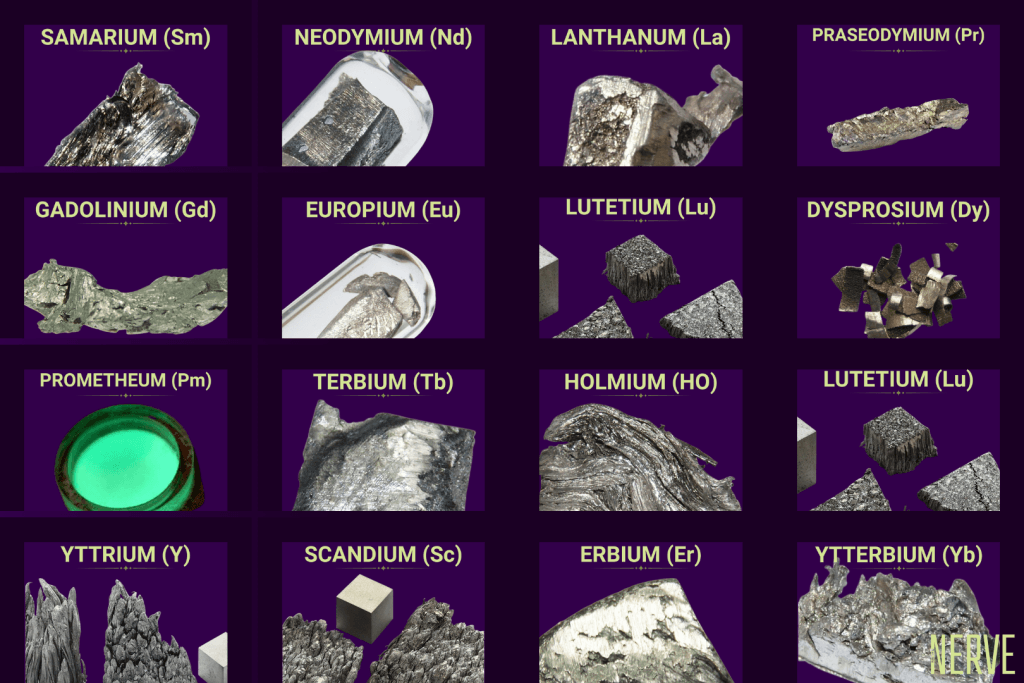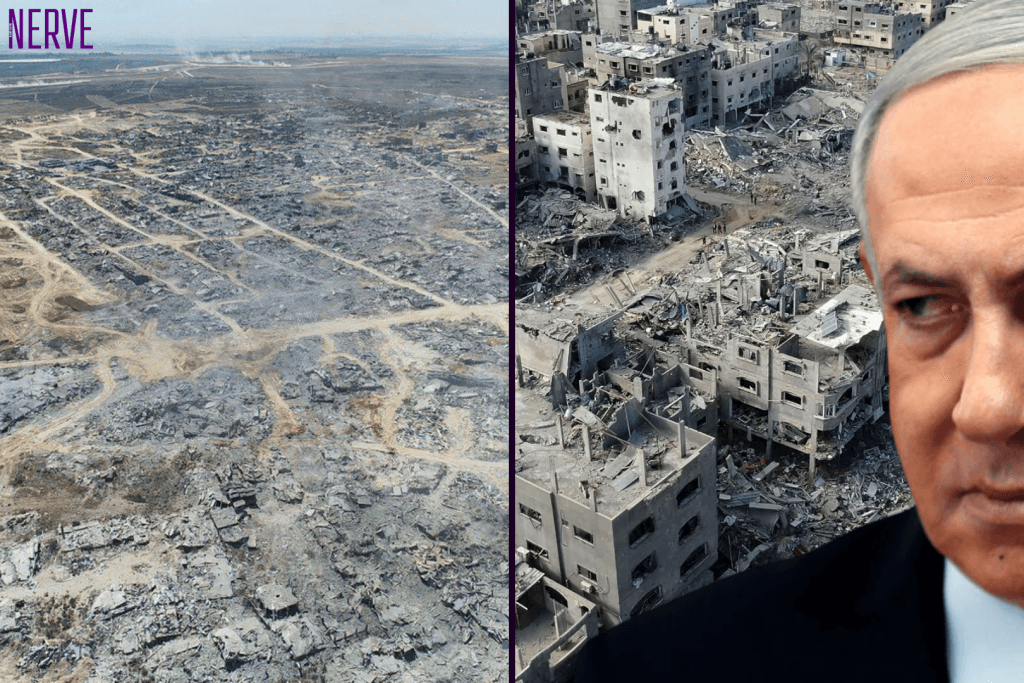European foreign ministers met with Iranian officials in Geneva on Thursday, launching an eleventh-hour diplomatic push to ease tensions over Israel’s preemptive strikes and avoid a broader conflict in the Middle East as President Trump continues to weigh his options.
The unexpected meeting, attended by top diplomats from the UK, France, Germany, and Iran’s Foreign Minister Abbas Araghchi, comes just seven days since Israeli jets began targeting nuclear sites in a campaign the Netanyahu government said could continue for weeks.
Participants & Delegations:
- Iran: Foreign Minister Abbas Araghchi, accompanied by Deputy FM for Legal & International Affairs Kazem Gharibabadi
- UK: Foreign Secretary David Lammy, who traveled from Washington after coordinating with U.S. Secretary of State Marco Rubio and Special Envoy Steve Witkoff.
- France: Foreign Minister Jean‑Noël Barrot.
- Germany: Foreign Minister Johann Wadephul, leading the German delegation and pressing for credible nuclear restraints.
- EU representation: High Representative Kaja Kallas, coordinating as the EU’s chief diplomat alongside the E3
Washington, meanwhile, signaled it could support Israeli military action if the Geneva talks collapse without progress. Rubio noted after his meeting with Lammy, “We agreed that Iran can never develop or acquire a nuclear weapon,” and described the region as perilous, adding there is now a two-week window to reach a diplomatic outcome.
The situation in the Middle East remains perilous. We are determined that Iran must never have a nuclear weapon. Meeting with @SecRubio and @SteveWitkoff in the White House today, we discussed how a deal could avoid a deepening conflict. A window now exists within the next two… pic.twitter.com/UKAOsnDAm8
— David Lammy (@DavidLammy) June 19, 2025
European leaders hope to revive confidence-building steps, expand international monitoring, and buy time for broader negotiations to prevent a slide toward open war.
“Tomorrow, I will be heading to Geneva to meet with the Iranian Foreign Minister alongside my French, German and EU counterparts,” Lammy said in his own statement. “Now is the time to put a stop to the grave scenes in the Middle East and prevent a regional escalation that would benefit no one.”
Tensions in the region have spiked since Israeli warplanes struck sites near Natanz and Fordow last week, targeting what Tel Aviv claims are covert nuclear weapons facilities.
European leaders, alarmed at the spiraling cycle of strikes and counterstrikes that followed, and concerned they could ignite into a regional war, see this Geneva meeting as the final window to restore dialogue before hardliners in Tel Aviv or Washington pull the plug on talks altogether. “Iran must now move urgently,” German Foreign Minister Johann Wadephul said ahead of the summit, urging Tehran to prove it is not covertly building a bomb.
Secretary Rubio also spoke with his French counterpart, Foreign Minister Jean-Noël Barrot. State Department Spokesperson Tammy Bruce said that Rubio and Minister Barrot “agreed to cooperate closely to ensure Iran never develops or acquires a nuclear weapon.”
